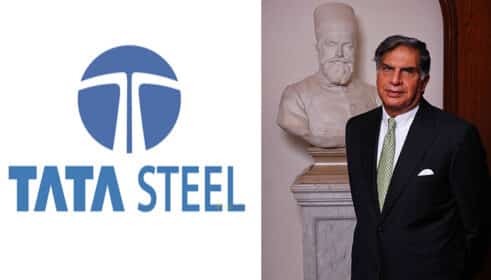In recent years, the global community has made significant strides in combating tax evasion and money laundering through the implementation of robust reporting and transparency measures.
One such initiative is the Common Reporting Standard (CRS), developed by the Organization for Economic Co-operation and Development (OECD) to facilitate the automatic exchange of financial information among participating countries.
This article explores the impact of CRS reporting and transparency on Kuwait’s efforts to combat tax evasion and money laundering, highlighting the country’s commitment to international standards and the benefits it brings to the global financial ecosystem.
Kuwait’s Commitment to CRS Reporting
Kuwait has demonstrated a strong commitment to combating tax evasion and money laundering by actively participating in the CRS framework. As part of this commitment, Kuwait has implemented legislative and regulatory reforms to ensure the effective exchange of financial information with other participating jurisdictions.
By adhering to CRS reporting requirements, Kuwait aims to enhance transparency, strengthen its financial system, and promote global cooperation in combating illicit financial activities.
Benefits of CRS Reporting for Kuwait
- Enhanced Financial Transparency: CRS reporting has significantly enhanced financial transparency in Kuwait by enabling the automatic exchange of financial information with other jurisdictions. This exchange of information helps identify and deter tax evasion and money laundering, ensuring that individuals and businesses pay their fair share of taxes and preventing illicit funds from entering the financial system.
- Strengthened International Cooperation: By actively participating in CRS reporting, Kuwait has strengthened its cooperation with other countries in the fight against tax evasion and money laundering. The exchange of information promotes collaboration in investigations and enforcement actions, making it harder for individuals and entities to hide their assets and engage in illicit financial activities across borders.
- Improved Risk Assessment and Compliance: CRS reporting provides Kuwait’s tax authorities with access to a wealth of financial information about their residents’ offshore assets and income.
This data enables more accurate risk assessment and helps identify potential tax evasion and money laundering risks. By leveraging this information, Kuwait can focus its resources on high-risk individuals and entities, ensuring better compliance with tax and anti-money laundering regulations.
Global Impact of Kuwait’s Participation
Kuwait’s active participation in CRS reporting has a significant impact on the global fight against tax evasion and money laundering.
By sharing financial information with other jurisdictions, Kuwait contributes to the creation of a more level playing field for businesses and individuals worldwide. It helps ensure that wealth and income are accurately reported and taxed in the appropriate jurisdictions, reducing opportunities for tax evasion and promoting fair competition.
Moreover, Kuwait’s commitment to CRS reporting sets an example for other countries in the region and beyond. It demonstrates the country’s dedication to international standards of financial transparency and positions Kuwait as a responsible global player in the fight against illicit financial activities. As more countries follow Kuwait’s lead and implement CRS reporting, the effectiveness of global efforts to combat tax evasion and money laundering will continue to grow.
Challenges and Future Outlook
While CRS reporting has brought significant benefits, challenges remain in its implementation. One of the key challenges is ensuring the consistent and accurate reporting of financial information across jurisdictions. Harmonization of reporting standards and guidelines is crucial to address this challenge and facilitate seamless information exchange.
Looking ahead, the future of CRS reporting and transparency in Kuwait and globally looks promising. As technology advances, the automation and efficiency of data exchange will improve, making it easier for countries to share information and identify potential tax evasion and money laundering risks. Continuous collaboration between governments, financial institutions, and international organizations will further strengthen the effectiveness of CRS reporting in deterring illicit financial activities.
Conclusion
Kuwait’s active participation in CRS reporting and its commitment to financial transparency have had a positive impact on global efforts to combat tax evasion and money laundering.
By adhering to international standards and sharing financial information with other jurisdictions, Kuwait contributes to a more transparent and fair global financial ecosystem. As countries around the world continue to embrace CRS reporting, the fight against illicit financial activities will be further strengthened, ensuring a level playing field for businesses, promoting tax compliance, and safeguarding the integrity of the global financial system.












